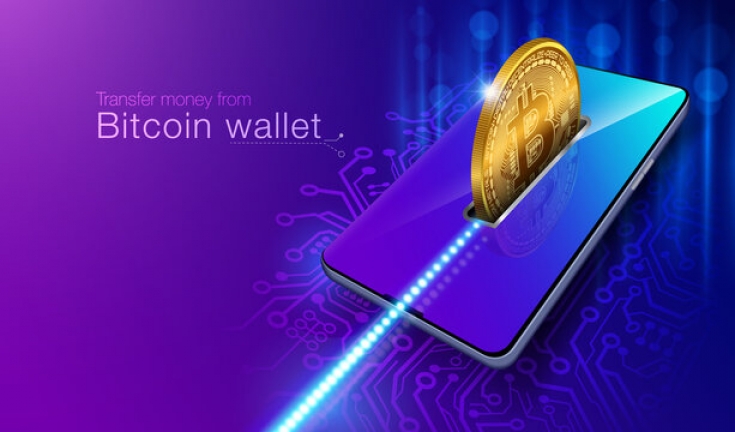In the ever-evolving landscape of blockchain technology, Non-Fungible Tokens (NFTs) have emerged as a groundbreaking innovation, revolutionizing the way we perceive and trade digital assets. At the heart of the NFT ecosystem lies the NFT wallet, a digital gateway that empowers users to securely store, manage, and trade their unique digital assets. In this blog post, we'll delve into the intricacies of NFT wallet development, exploring its significance, key features, and the underlying technologies that make it all possible.
Understanding NFTs and their Importance
Before we dive into the world of NFT wallets, it's crucial to grasp the concept of Non-Fungible Tokens. NFTs are unique digital assets that represent ownership or proof of authenticity of a particular item, whether it be digital art, music, virtual real estate, or any other form of digital content. Unlike cryptocurrencies such as Bitcoin or Ethereum, NFTs are indivisible and cannot be exchanged on a one-to-one basis.
NFTs have gained widespread popularity for providing a decentralized and transparent way to buy, sell, and trade digital assets. Their importance lies in the ability to establish ownership, provenance, and scarcity in the digital realm, creating new opportunities for artists, creators, and collectors.
The Role of NFT Wallets
NFT wallets play a pivotal role in the NFT ecosystem by serving as the secure storage and management solution for these unique digital assets. These wallets are designed to provide users with a user-friendly interface, seamless access to their NFTs, and the ability to participate in NFT transactions.
Key Features of NFT Wallets
Security:
Cryptographic Protection: NFT wallets use robust cryptographic techniques to secure private keys, ensuring that only the rightful owner has access to their digital assets.
Multi-Signature Support: Many NFT wallets incorporate multi-signature functionality, requiring multiple private key approvals for transactions, enhancing overall security.
Interoperability:
Cross-Platform Compatibility: NFT wallets are often designed to work across multiple platforms, including web browsers, mobile applications, and hardware devices, providing users with flexibility and accessibility.
User-Friendly Interface:
Intuitive Design: NFT wallets focus on creating a user-friendly experience, allowing even non-technical users to navigate and manage their digital assets effortlessly.
Seamless Integration: Integration with popular NFT marketplaces and platforms streamlines the process of buying, selling, and trading NFTs directly from the wallet.
Token Standards Support:
ERC-721 and ERC-1155: NFT wallets typically support Ethereum-based token standards like ERC-721 and ERC-1155, ensuring compatibility with the majority of NFTs in circulation.
Customization:
Personalization: Some NFT wallets offer customizable features, allowing users to personalize their wallet interface or set preferences for notifications and alerts.
Technologies Behind NFT Wallet Development.
Blockchain Networks:
Ethereum: As the leading blockchain for NFTs, many wallets are developed to support the Ethereum network and its associated token standards.
Binance Smart Chain (BSC), Flow, and others: With the rise of alternative blockchain networks, NFT wallets have expanded to support various blockchains to cater to the growing diversity of NFT ecosystems.
Smart Contracts:
Smart contracts play a crucial role in NFT wallet functionality, facilitating the creation, transfer, and validation of NFTs. Wallets leverage smart contracts to interact with NFT marketplaces and execute transactions securely.
Decentralized Identity:
Decentralized identity solutions, such as decentralized identifiers (DIDs) and verifiable credentials, contribute to enhancing the security and privacy of NFT wallet users.
Conclusion
In conclusion, NFT wallet development is a dynamic and evolving field that plays a central role in the broader adoption of Non-Fungible Tokens. These wallets empower users to navigate the NFT ecosystem securely, providing a gateway to a decentralized future where digital ownership and creativity are celebrated. As blockchain technology continues to advance, NFT wallets will undoubtedly evolve, offering new features and functionalities to meet the ever-changing needs of users in the digital frontier.





Comments